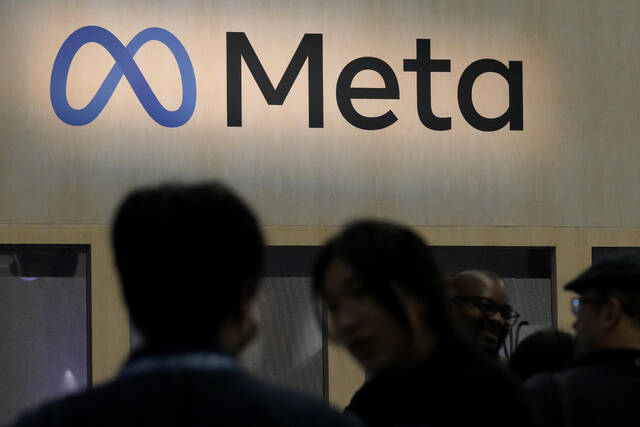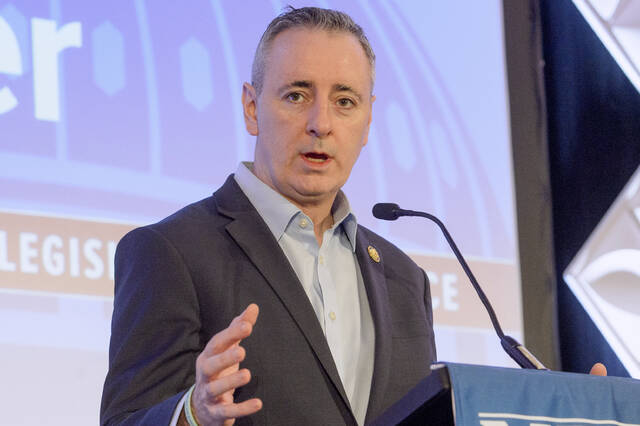What is the value in checking a fact?
According to Meta, there isn’t one.
The parent company of Facebook, Instagram, WhatsApp and Threads announced Tuesday the company will discontinue its third-party fact-checking program and replace it with “community notes.”
”We’ve seen this approach work on X — where they empower their community to decide when posts are potentially misleading and need more context, and people across a diverse range of perspectives decide what sort of context is helpful for others to see,” Chief Global Affairs Officer Joel Kaplan wrote.
Oh, good. It worked on X? That’s a reason to embrace it. There has been an exodus of users parachuting out of the former Twitter in favor of platforms like Bluesky.
It’s rare to a see a company cite the (debatable) impact of a rival’s work in announcing a decision. McDonald’s is unlikely to talk about Pizza Hut’s stuffed crust as it declares a pivot to fast-casual Italian food over burgers and fries.
But Meta’s not abandoning its bread and butter. It will still provide multiple platforms for users to share thoughts and ideas and opinions. It just won’t interfere if what is represented as fact — whether by a Russian troll farm or gullible brother-in-law — is a blatant lie. That’s for the community to decide.
Except it’s not.
The community doesn’t get to decide if gravity is a scientific law or an Illuminati plot. The community shouldn’t weigh in on whether your state representative is really a lizard who eats children. There have been 22 seasons of “American Idol,” and the community was right about three times.
This is yet another example of Meta wanting someone else to do the work.
News organizations are more than familiar with this tactic. The company is aghast at the idea that it would be considered a publisher and responsible for meeting the standards a newspaper should uphold. It’s a tech platform, silly. However, when it suits the company’s needs, it is happy to cosplay as a publisher in court, dressing up in the drag of the First Amendment.
Real news agencies don’t have this freedom. We check facts because it’s the job, it’s responsible, and it’s ethical. And that can get complicated when it overlaps with opinion.
I frequently butt heads with letter-writers over facts that may or may not be facts and opinions they believe to be gospel. The key word there is “believe.”
Fact-checking has prevented me from running letters to the editor that accused both Democrats and Republicans of bumbling negligence and deliberate atrocities. Following the breadcrumbs of misinformation frequently leads to social media. It has increased quite a bit since the purchase of Twitter, now X, by the world’s richest man, Elon Musk.
Now the third-richest man’s publishing — sorry, tech platform — empire is following in his footsteps. I expect to see an exponential rise in protests about fact-checking in the future.
But I will continue to check facts because it’s my job. I will do it not because I expect that I will always be right but because if I don’t, I know that the words and ideas on my page more frequently will be wrong.
The value of fact-checking is that the world will be a more peaceful place if we can all agree when the sky is blue.








